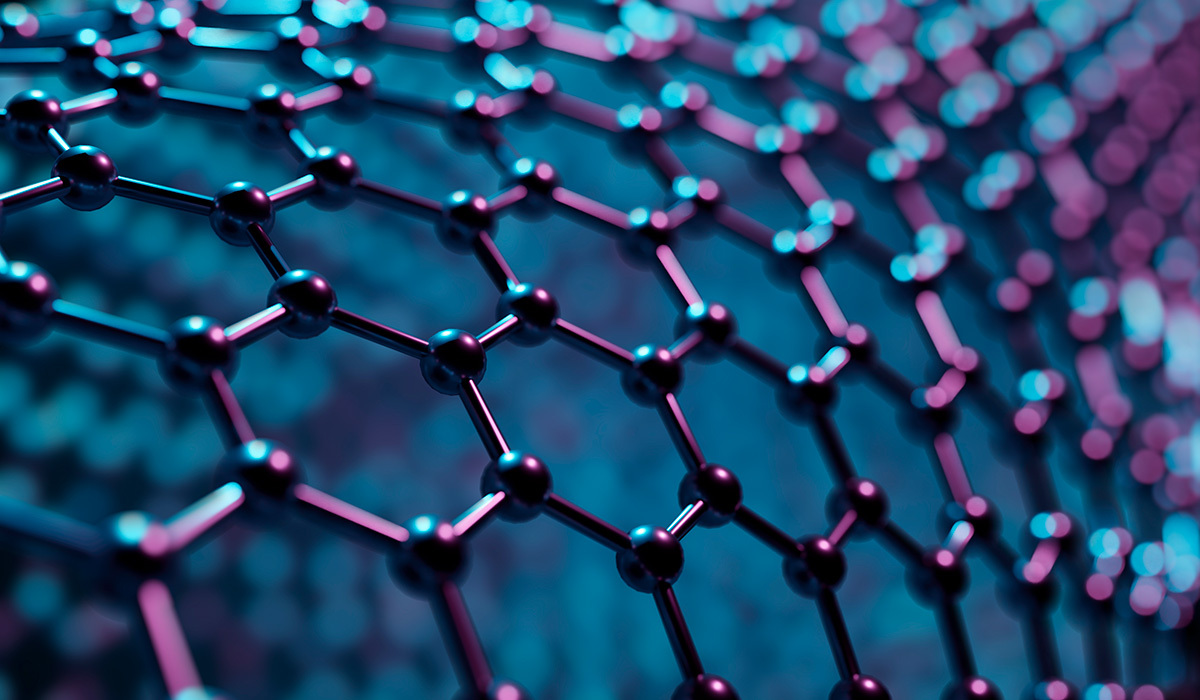MADCAP-NANO
Microfluidic Advanced Cavitation Processes


Benefits
- Low energy consumption
- Low pressure
- Small installation
Key words
- Anti-corrosion
- Anti-abrasion
- Lubrification
- Graphene
Intellectual Property
- 1 patent
- 1 knowhow
Laboratories
- LEGI
- LGP2
Institutions
- CNRS
- GRENOBLE INP-UGA
- UGA
Linksium Continuum
- Maturation
- Incubation
- Acceleration
Results
- Incorporated startups
Context
Graphene's exceptional mechanical strength, high specific surface area, extremely low coefficient of friction and biocompatibility make it an obvious choice for the three applications Madcap-nano has selected: additive for anti-corrosion paint, anti-abrasion paint, lubricant deposit or wet lubricant.
Technology
Hydrodynamic cavitation 'on a chip', i.e. cavitation at the heart of fluidic microsystems, has enabled us to develop a new, economical and environmentally-friendly process for exfoliating graphite microparticles into graphene nanosheets dispersed in aqueous solution.
Advantages
This unique low-pressure graphene nanosheet production process consumes very little energy. Madcap-nano will produce graphene-filled solutions in large quantities at prices “finally” compatible with the anti-corrosion, anti-abrasion or lubricant paint markets, for dispersal as additives by coatings formulators.
State of progress
Initial work carried out by LEGI had led to the patenting and validation of a unique micro-fluidic exfoliation process producing nano-leaflets of better quality than those commercially available. Building on this know-how, the Madcap-nano team has joined forces with another Grenoble university laboratory, LGP2, to benefit from its physical chemistry skills in the formulation of complex fluids, in the dispersion of nanomaterials in various liquid or polymeric supports, and in biobased materials such as nanocellulose.
Applications
- Additives for anti-corrosion coatings
- Anti-abrasion surface treatment additives
- Additives for lubricant coatings
- Polymer reinforcement
- Conductive inks for organic electronics

